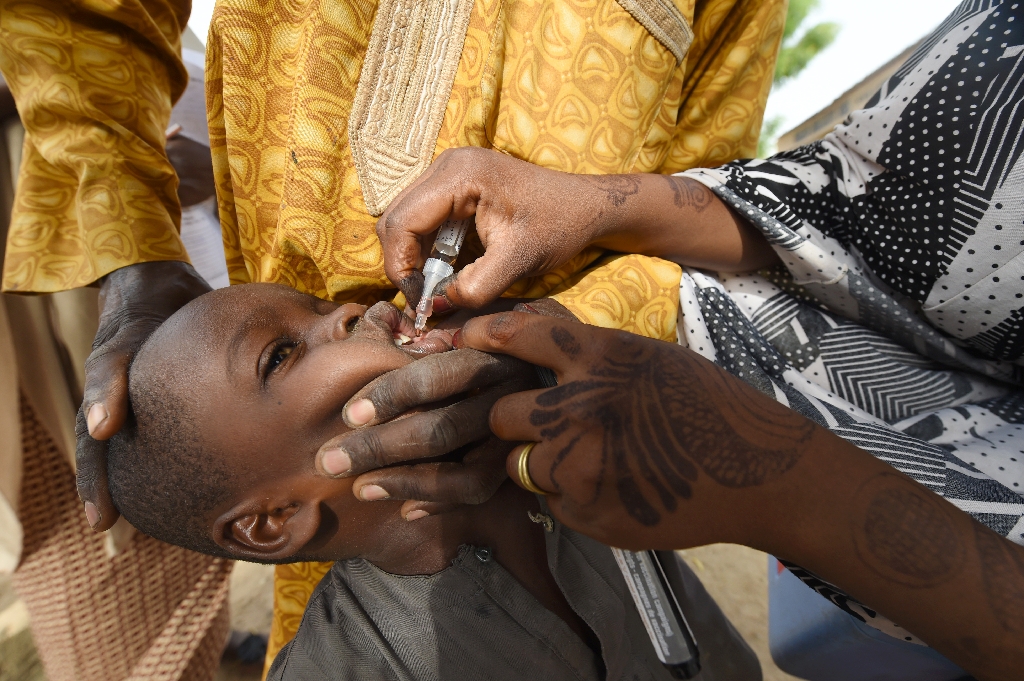Washington (AFP) – Mel Manuel never considered themself to be particularly political. But after repeated attacks from Republicans against transgender people, the former Spanish teacher is running for a seat in the US Congress. In the United States, transgender rights have become a hot-button election issue — and the latest battle in America’s culture wars.
Manuel, who identifies as transgender and nonbinary and uses they/them pronouns, serves as the director of operations for the Louisiana Abortion Fund, which helps provide access to abortion services. Despite an initial aversion to unveiling their private life, they are running for Congress as a Democrat in the southern state, one of the most traditionally conservative in the country. Manuel, 40, even went so far as to post a campaign video on Instagram in which they gave themself a testosterone shot. “I wanted to show something really raw and personal,” says Manuel, who has also said that one of their campaign goals is to “normalize queer and transness.”
Manuel, who is running against Republican heavyweight Steve Scalise, knows that their chances of winning are “super slim” but says their candidacy was prompted in part by more than 1,000 anti-LGBTQ bills proposed nationwide in recent years. “When you have a target on your back, yeah, it really pisses people off, and they want to do something about it,” Manuel said.
The mere existence of transgender people, their participation in competitive sports, and access to gender transition-affirming health care for minors have triggered fiery debates in American society. While Democrats have generally called for unequivocal support for transgender rights, some Republicans have denounced what they see as political correctness that goes against nature. The fight has emerged in the presidential contest between Kamala Harris and Donald Trump, with the Republican former president accusing Democrats last year of “left-wing gender insanity” with respect to transgender youth. Trump has repeatedly said that students are being offered gender reassignment surgery in schools — without any proof. “They can just say whatever outlandish thing and people will buy it,” says Manuel, adding that such statements hurt the transgender community.
During their campaign, Manuel has been sent numerous hate messages on social media, mainly on X. “Crazy liberal Kamala is for they/them, president Trump is for you,” says one political ad airing repeatedly on US networks. The Republican Party has spent more than $82 million on similar anti-transgender ads in recent months, according to Axios. “These ads are a last-ditch attempt to rile the conservative base with divisive rhetoric to overshadow the fact that pro-equality voices are winning,” says Sean Meloy, vice president of political programs at the LGBTQ+ Victory Fund, a political action committee.
For Meloy, these ads are far from proving their worth. “The data says that this attack on LGBTQ+ rights and trans youth is alienating voters, not attracting them,” he said. “The LGBTQ+ people running for office nationwide are the antidote to this hateful rhetoric.” The LGBTQ+ Victory Fund has identified at least 62 transgender candidates running this year across the country — nearly double the 34 who ran in 2020. One of them is Delaware’s Sarah McBride, who is nearly assured of becoming the first transgender person elected to Congress.
“I think that folks know that I am personally invested in equality as an LGBTQ person,” the 34-year-old Democrat said in a recent interview with CBS. But if elected, she said, her priorities would be “affordable child care, paid family and medical leave, housing, health care, reproductive freedom.” Manuel echoes that sentiment. “I’m not just here advocating for queer people or trans people. I want everybody, the entire United States, to have a better quality of life,” says Manuel, who says they support workers’ rights, a four-day work week, and a universal basic income.
“I’d like to think that one day, hopefully my being trans will be as significant as me being left-handed,” they said. “But for right now, we’re not there.”
© 2024 AFP




